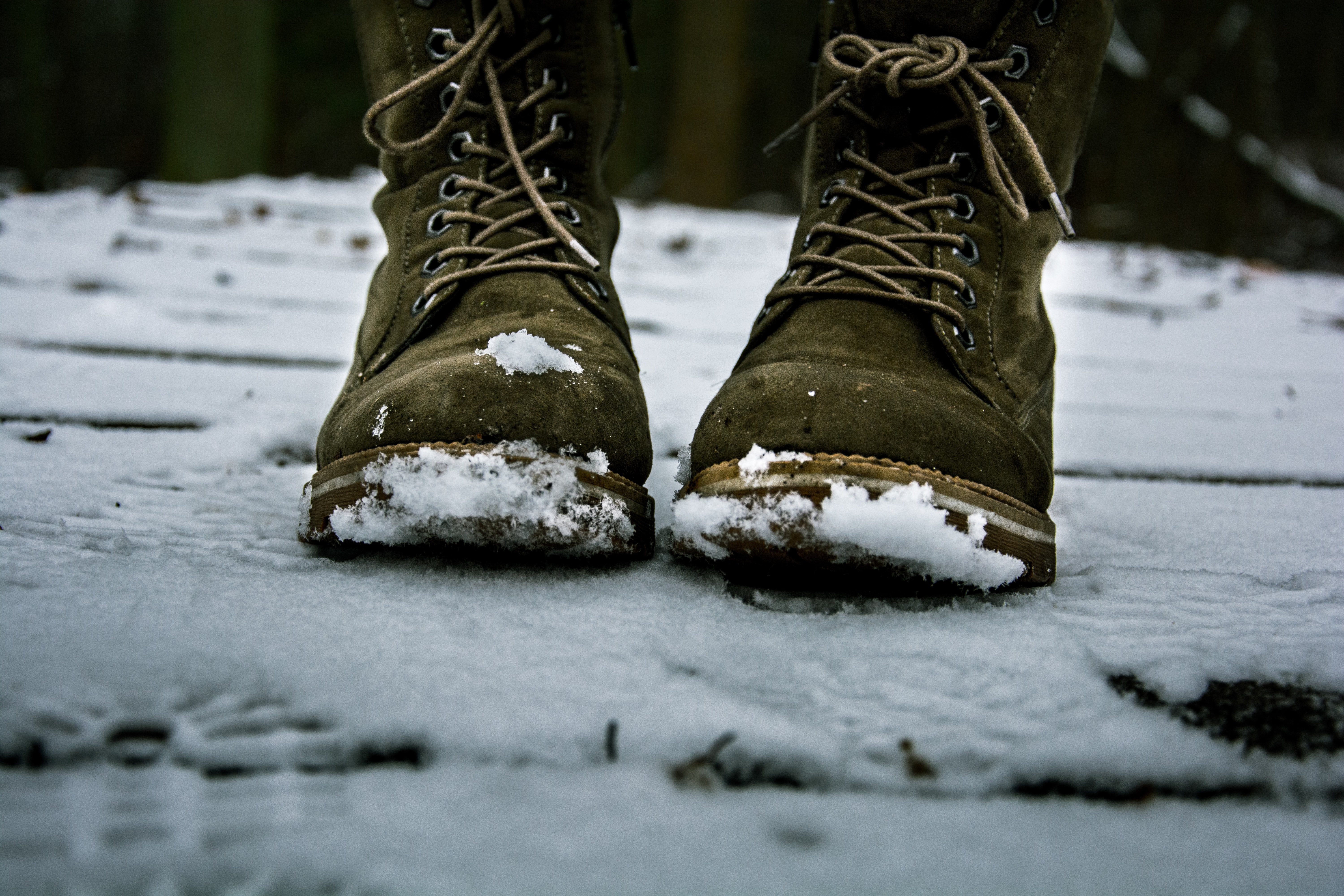Posted on:Nov 15 2020
If ever there was a time we needed Hope, it’s now.
When so many things feel hopeless.
In an article I read not long ago, the author referred to hope as the perfect 4-letter word for the moment. Ha! To be sure, a few others pop to mind, but I do agree - hope is the one on which we should strive to land.
Eight-plus months into a pandemic, slogging through an emotionally exhausting election cycle, and with cold, dark winter bearing down, hope may seem increasingly, impossibly elusive. I’m right there with you if it seems harder to stay in that hopeful space.
Given that we’ll likely be in this mask-wash-distance mode for another year, it behooves us to be mindful of hope and up our efforts to dwell in it.
Let’s take a look at why psychologists say hope is the very best response for the moment.
Hope is crucial to our physical and mental health.
Hope keeps anxiety and despair at bay.
Hope protects us from stress : Research shows that people with higher levels of hope have better coping skills and bounce back from setbacks faster.
People with higher levels of hope are better at problem solving and have lower levels of burnout.
Hopeful people have stronger relationships because they communicate better and are more trusting.
Hopeful people make for less-stressed parents, which means they’re more able to teach their children to set goals and solve problems.
These are all desirable things. Dr. Anthony Scioli, a professor and co-author of a couple of books about hope (“Hope in the Age of Anxiety” and “The Power of Hope”) suggests we think of hope as our PPE, our Personal Protective Emotion.
It seems we’re all feeling some weird combination of worry, fear, over it, stress, isolation, sadness, WTF...it’s as if there are two pathogens sneaking around - one that attacks our physical body and another one that upends our emotional body.
So, yeah, how about flexing our hope PPE?!
First, let’s understand what hope is : Most psychologists define hope as a yearning for something possible but not certain - such as a better future - and a belief that you have some power to make it happen. Which means you need two crucial components to move hope forward : the motivation to achieve the desired goal and a strategy for doing it.
To be clear, wishful thinking is not hope - you won’t lose those pesty covid pounds without a plan and the willpower to follow through. Without the plan and the willpower, you in fact have no hope for a fitter body. Hope also differs from optimism, which is the belief that things will be okay no matter what you do.
The distinct ingredient to hope is agency.
Maybe you know someone who always strikes you as especially hopeful. Dr. Scioli believes that hopeful people have a combination of “attachment, mastery, survival, and spirituality.”
Attachment is the sense of continued trust and connection to another person.
Mastery is a feeling of being strong and capable.
Survival is both the belief that you’re not trapped in a bad situation and that you have the ability to hold positive thoughts and feelings even while processing something negative.
Spirituality is a belief in something larger than yourself.
That third ingredient - survival - really resonates right now. It’s as if our thinking must consist of two parallel tracks and the job of that second track is to hold the positive thoughts and feelings, to absorb the shock of tailspinning rumination, to gently - or firmly - be our hopeful agency coach.
Mindfulness.
The cool thing about hope is that we can boost it - we really do have some influence over our feelings of hope or hopelessness. This is due in part to what’s going on in the brain - the area of the brain that activates when we’re feeling hopeful (rostral anterior cingulate cortex) sits right at the intersection of the part that governs our emotions (limbic system) and the part where thoughts and actions are initiated (prefrontal cortex).
To be sure, with our brains on high alert, scanning for threat, choosing hope is especially difficult.
If your hope could use a boost, here are a few ideas...
Read some history - reading about the Civil War or the Black Death can help put 2020 in perspective. Bad times do end. Some remarkable stories of hope emerge in dark times.
Spend some time looking ahead to when things return to the new normal - how do you visualize areas of your life such as home and family, career, community, recreation? Thinking about how you’d like things to look in the future can help us take steps now to make that vision happen. This is agency.
Being stressed can lead to feeling overwhelmed. Set one goal for the week and identify the steps to get there - as we experience success in those steps, we’ll start to see that the future is possible and that we’re in the driver’s seat to get there.
I think there’s a lot of hope in a really good pair of winter boots.
Perhaps above all, think carefully about your words. They really do make a difference. Use hopeful language such as “I can” or “We will” or “It’s possible.”
Everyone is searching for hope right now, and emotions are contagious, sooooo — bootstrap and spread this essential PPE. 😊
